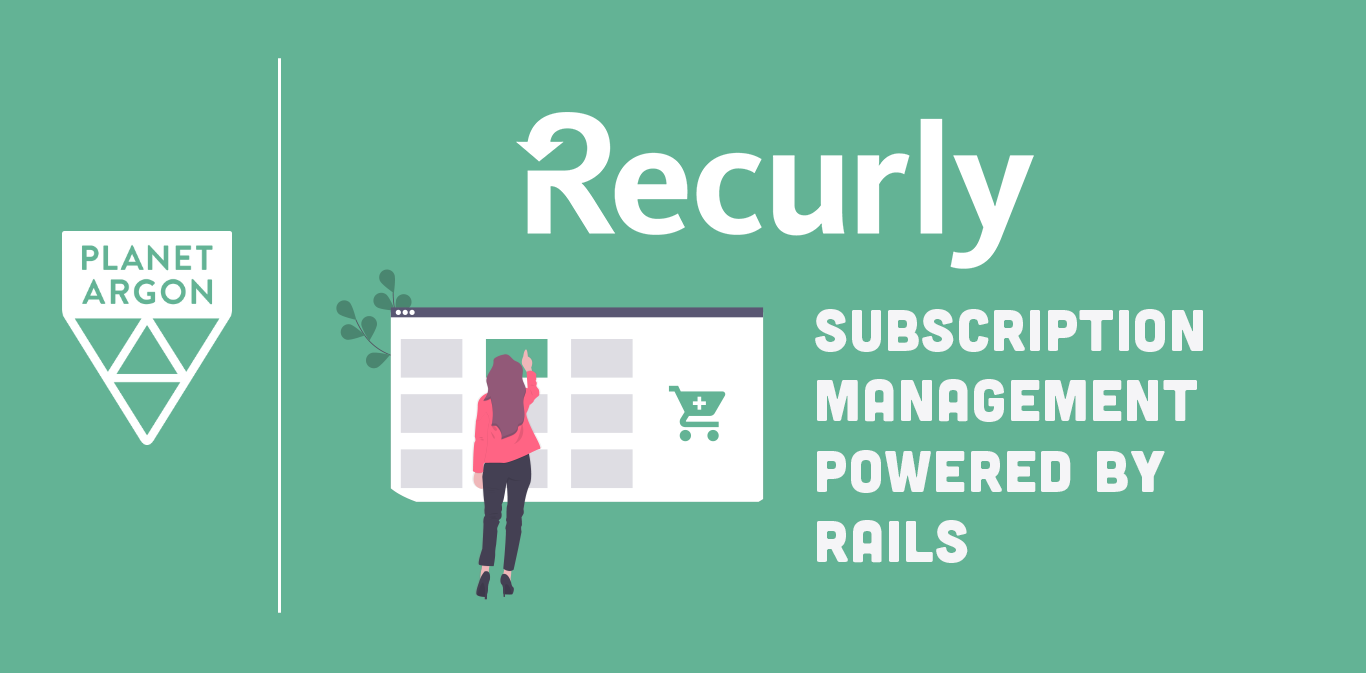
Recurly is a subscription management company whose core business software runs on Rails. Here are some thoughts from their VP of Engineering on how their team works with Rails.
5 Mar 2019
11 Feb 2019
5 Feb 2019
29 Nov 2018
26 Nov 2018
2 Nov 2018
25 Oct 2018
22 Oct 2018
5 Oct 2018
Yesterday, DHH announced a new feature that will be available in the upcoming Rails 6: Action Text.
At a high level, I really like the idea of Action Text. I think it is right in line with what makes Rails attractive to use in the first place: it helps you to quickly and easily build a website with rich functionality that, in the right ecosystem, just works out of the box.
The idea of sitting down one afternoon and deciding to make a site with rich text comments and posts, file uploads, WebSockets notifications of said uploads and posts, and then actually having that site be up and running the same day – using one single framework – is pretty freaking insane from a high level.
But the devil is in the details, as always. It currently looks like Action Text is built on ActiveStorage, which means that lots of legacy applications that are still using other file upload methods, like Carrierwave, will have trouble implementing this feature. It’s also likely to be tough to switch if you already have a WYSIWYG editor in place and want to switch to Action Text. I can immediately think of two such applications we maintain that fall into this category.
Overall, though, I like this idea. It furthers Rails ability to truly be a one-stop-shop solution for creating and maintaining websites.
Want to read more about this upcoming addition to Rails? Here are all the links to explore:
28 Sep 2018
Have a project that needs help?